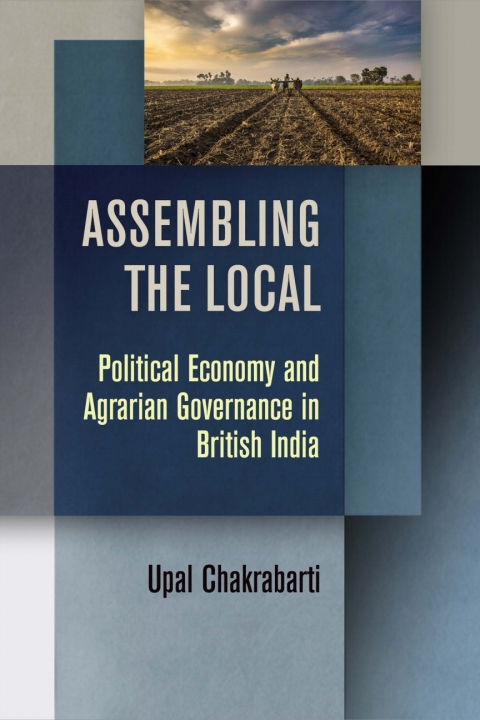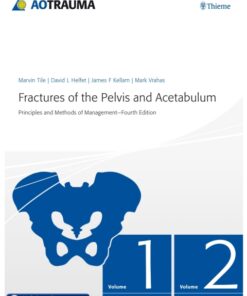Assembling the Local Political Economy and Agrarian Governance in British India Ebook (tebook.shop)
$25.00
Upal Chakrabarti
Assembling the Local
Political Economy and Agrarian Governance in British IndiaIn 1817, in a region of the eastern coast of British India then known as Cuttack, a group of Paiks, the area’s landed militia, began agitating against the East India Company’s government, burning down government buildings and looting the treasury. While the attacks were initially understood as an attempt to return the territory’s native ruler to power, investigations following the rebellion’s suppression traced the cause back to the introduction of a model of revenue governance unsuited to local conditions. Elsewhere in British India, throughout the first half of the nineteenth century, interregional debates over revenue settlement models and property disputes in villages revealed an array of practices of governance that negotiated with the problem of their applicability to local conditions. And at the same time in Britain, the dominant Ricardian conception of political economy was being challenged by thinkers like Richard Jones and William Whewell, who sought to make political economy an inductive science, capable of analyzing the real world.
Through analyses of these three interrelated moments in British imperial history, Upal Chakrabarti’s Assembling the Local engages with articulations of the “local” on multiple theoretical and empirical fronts, weaving them into a complex reflection on the problem of difference and a critical commentary on connections between political economy, agrarian property, and governance. Chakrabarti argues that the “local” should be reconceptualized as an abstract machine, central to the construction of the universal, namely, the establishment of political economy as a form of governance in nineteenth-century British India.ISBN: 9780812252736, 081225273X











